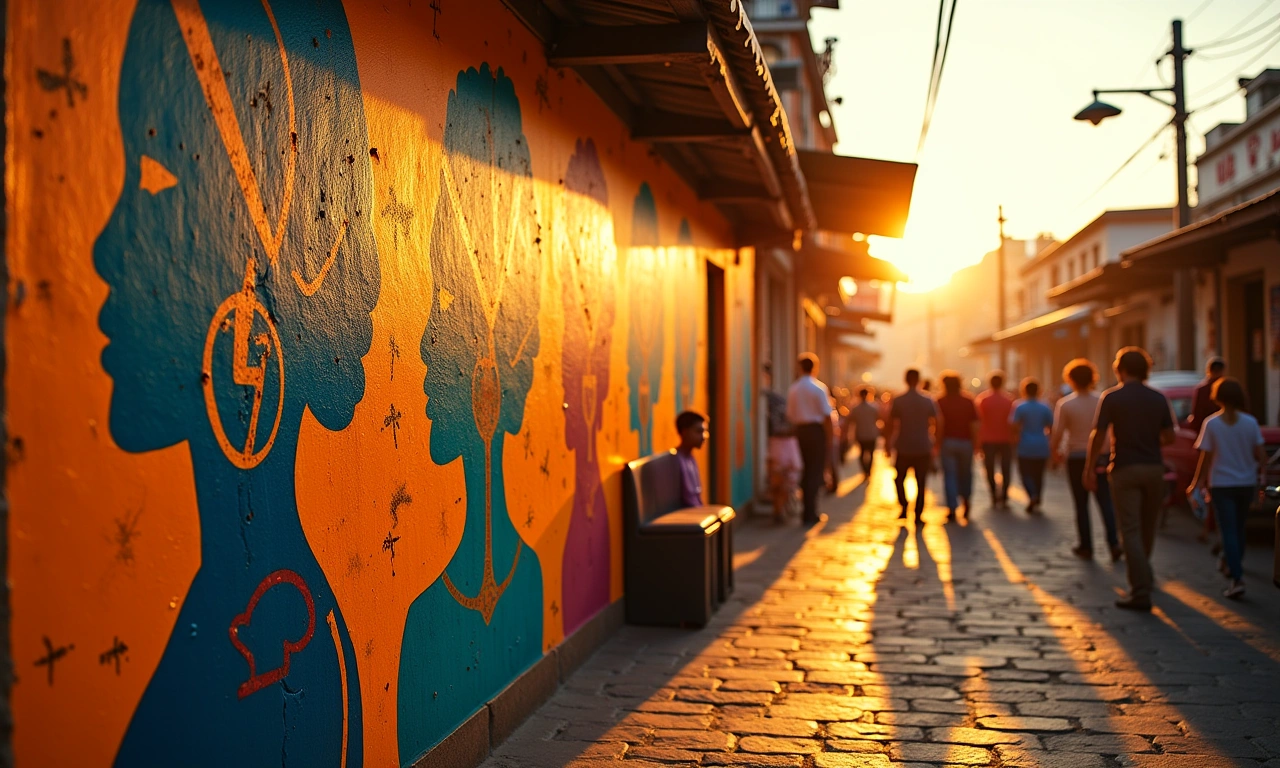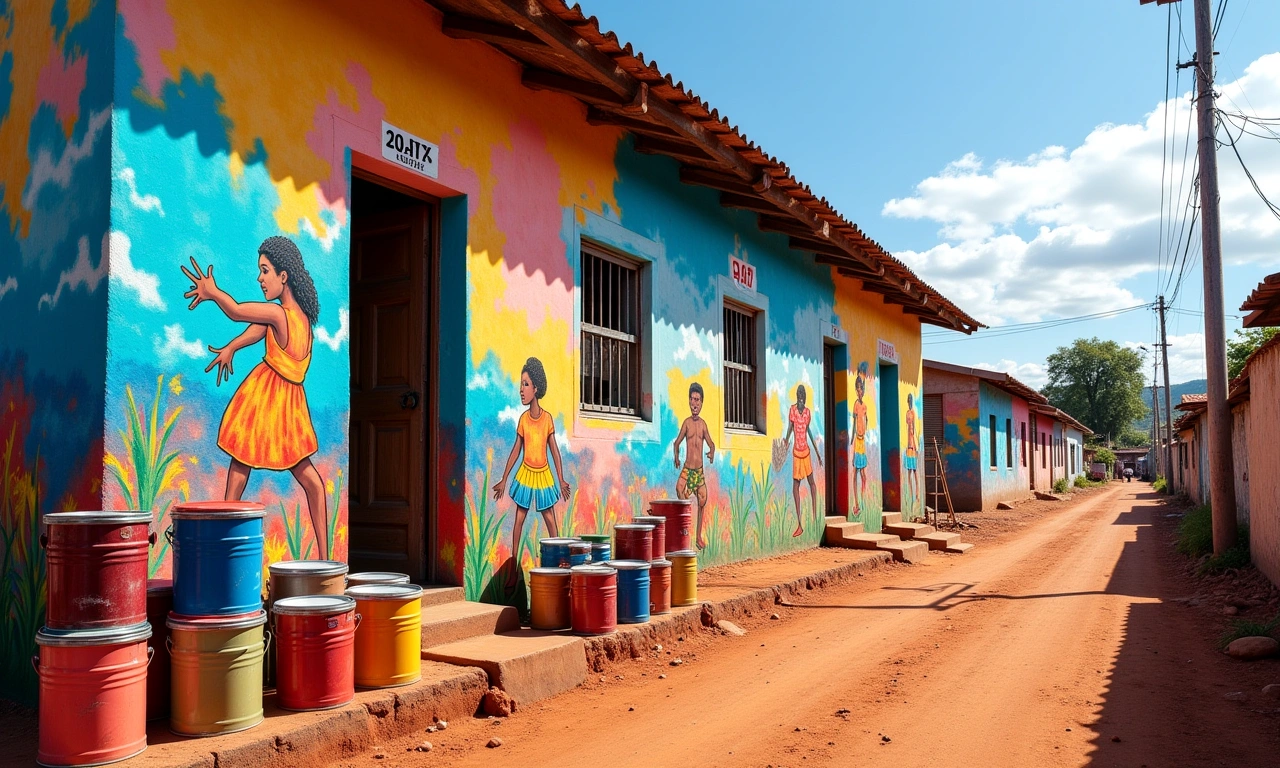Chef Ron Duprat represents a rare career arc: classically trained fine dining executive who became a national television personality, then pivoted toward cultural advocacy and culinary nation-building.
Born in Mare Rouge, Haiti, trained at La Varenne Ecole de Cuisine in Paris, and seasoned across America’s most exclusive establishments—from the Montauk Yacht Club to Pelican Bay Club—Duprat has spent over two decades demonstrating that culinary excellence and cultural mission are not mutually exclusive.
His 2009 appearance on Bravo’s Top Chef: Las Vegas launched him into the national spotlight, but his most consequential work has occurred since: pioneering Haiti culinary tourism, advocating for school meal nutrition policy, and laying groundwork for a culinary school in Haiti.
Roots in Mare Rouge: The Kitchen as Classroom
Duprat’s earliest lessons in cooking came not from formal instruction but from his grandmother’s kitchen in Mare Rouge. This was unconventional: in much of Haitian tradition, cooking fell to women, yet his grandmother actively encouraged his culinary passion, recognizing his natural gift.
Working alongside her, using fresh produce from his father’s gardens and seasonal Haitian herbs, Duprat absorbed a philosophy that no classroom could fully replicate. “The unique tastes, smells and feels—those are things that cannot be experienced in a sterile classroom; they’re learned by immersion,” he later explained. “Food doesn’t only nourish us; it creates memories that last a lifetime.”
This foundation shaped his lifelong conviction: authentic cooking emerges from the intersection of technique and lived experience, fresh ingredients and cultural memory. It is a principle that would define his advocacy decades later.
Formal Training and Entry into Professional Kitchens
After attending College Aimée Césaire in Haiti, Duprat pursued intensive culinary training at La Varenne Ecole de Cuisine in Paris, one of Europe’s most respected classical cooking schools. He completed his formal education with credentials in classical French technique—a credential that would anchor his professional identity throughout his career.
His first significant professional role was Executive Chef at Pelican Bay Club in Naples, Florida, where he managed a culinary team of 120 and oversaw multiple dining venues.
From 2000 to 2008, he led the kitchen at the Montauk Yacht Club in Montauk, New York, a 130-room resort with both fine dining and casual restaurant operations—a position requiring both technical mastery and management acumen across diverse clientele.
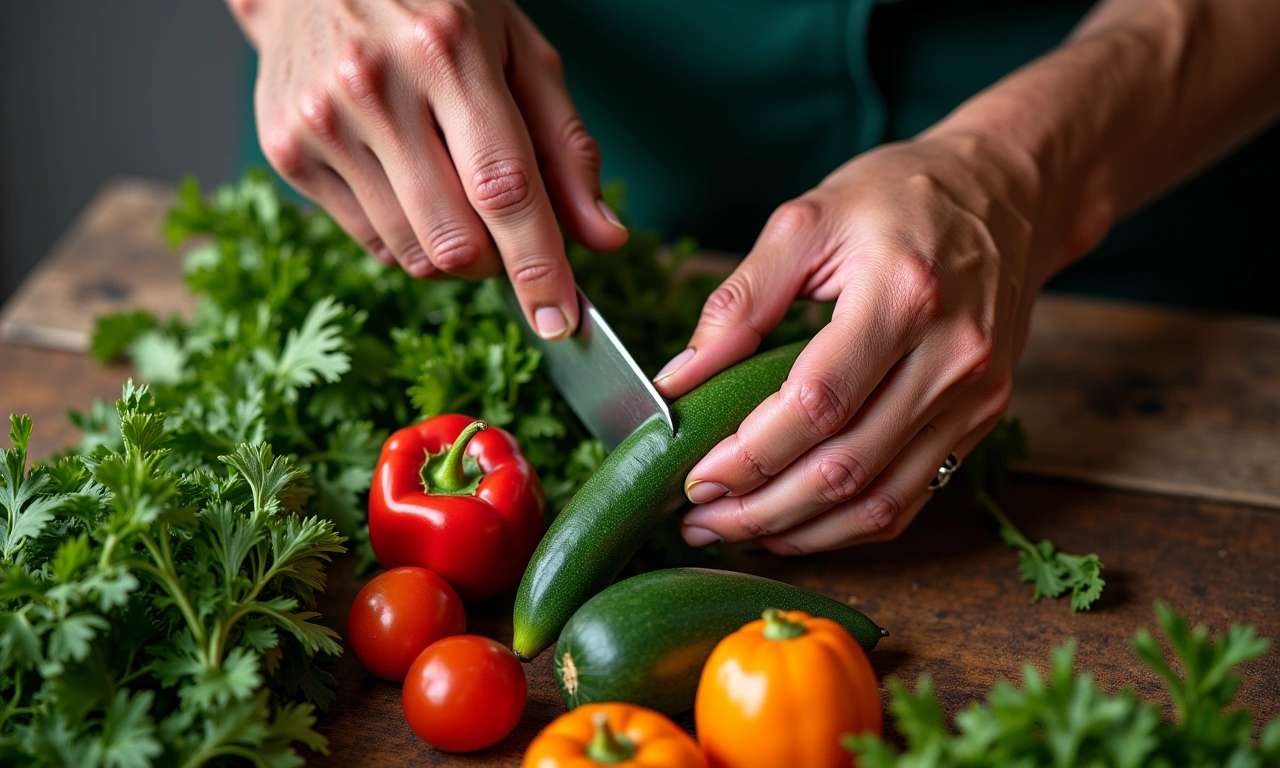
Throughout these positions, Duprat developed what would become his signature culinary philosophy: blending classical French technique with Haitian Creole influences and global flavors. “I am classically trained. I believe in fresh ingredients, and to add some of my Haitian ones. You’re only as good as your ingredients,” he explained. This commitment to ingredient integrity—neither apologizing for Haitian flavors nor abandoning classical structure—became the backbone of his cooking and, later, his advocacy.
Television Recognition and High-Profile Work
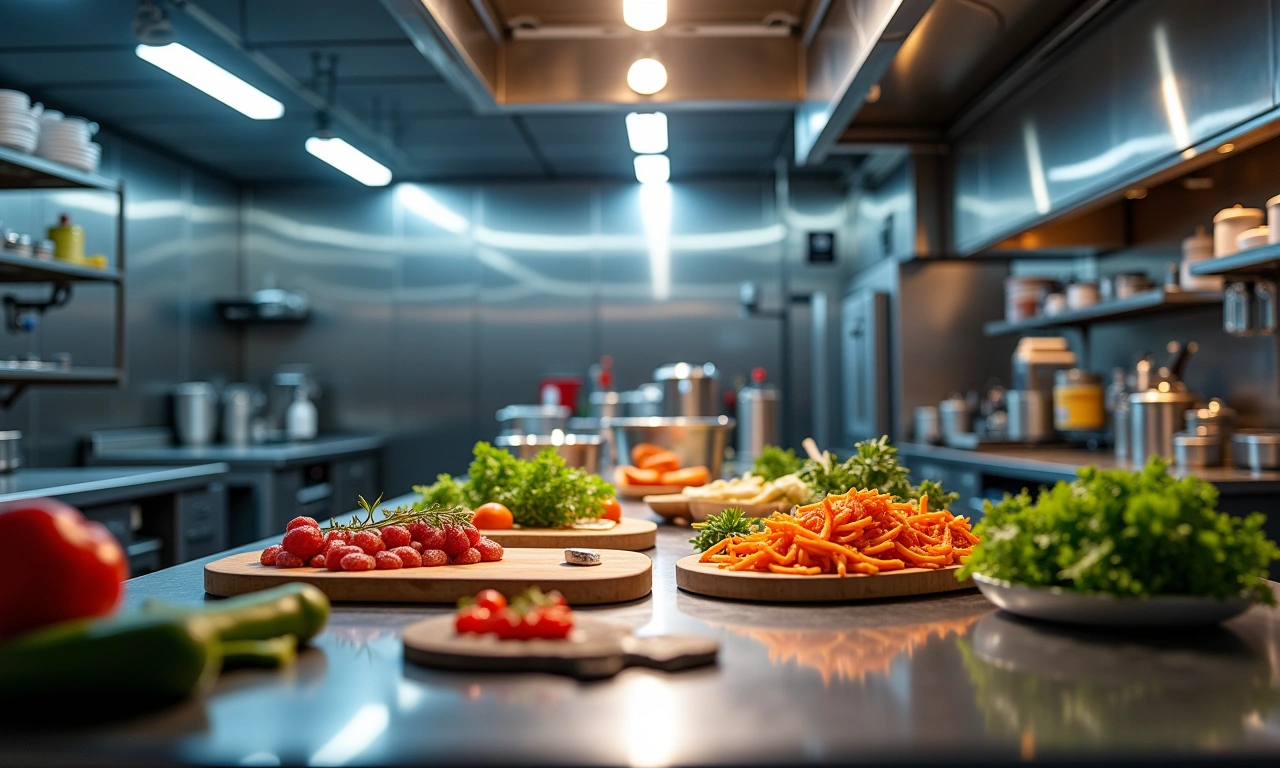
Duprat’s 2009 appearance on Bravo’s Top Chef: Las Vegas (Season 6) introduced him to a national audience and launched a series of subsequent television appearances on Iron Chef America, Beat Bobby Flay, Bar Rescue, and ABC’s The View. However, his culinary reputation extended far beyond television.
He has prepared meals for high-profile clients including President Barack Obama and First Lady Michelle Obama, as well as entertainment industry figures such as Jay-Z and Beyoncé. In 2010, Oprah Magazine featured his butternut squash and sweet potato bisque as one of Oprah’s favorite recipes—a public endorsement that elevated his culinary profile among mainstream audiences.
That same year, Duprat was selected by First Lady Michelle Obama to participate in a White House culinary initiative focused on combating childhood obesity. This recognition marked a turning point: Duprat was no longer simply an excellent chef; he was being positioned as a voice in food policy and nutrition advocacy.
From Fine Dining to Food Justice Advocacy
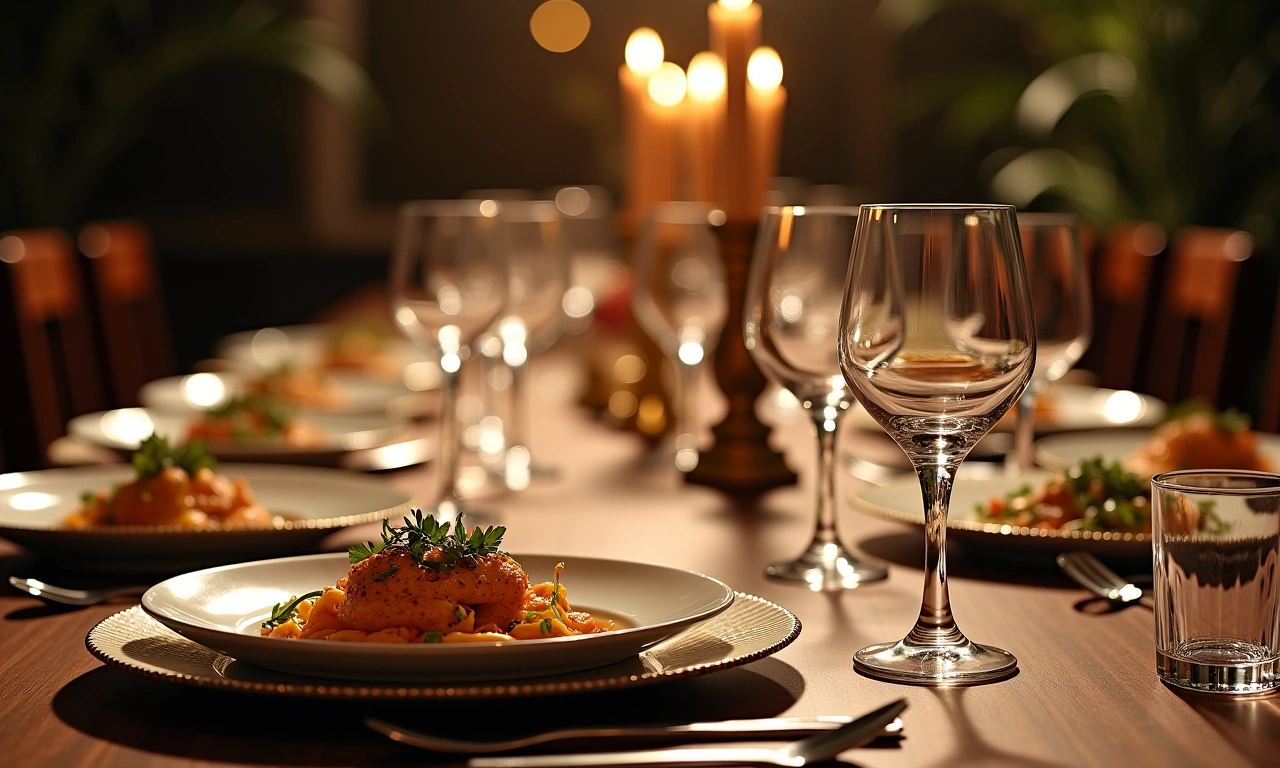
Duprat’s White House involvement led to sustained advocacy in school meal nutrition. He has partnered with organizations like No Kid Hungry to push for free, healthy meals in schools—work that reflects his belief that culinary excellence should serve broader social good.
This pivot from exclusive resort dining to public health advocacy reveals a chef grappling with the limits of fine dining’s cultural impact. Excellent food served to the wealthy, he came to understand, was only part of his potential contribution. True culinary leadership meant addressing food systems that left many Americans—particularly children—without access to nutritious meals.
Griot and the First Meal: Cooking as Memory
When asked about the first meal he cooked, Duprat returned to his roots: griot—Haitian fried pork—accompanied by fried plantains and rice and beans, prepared for his grandmother. “Griot is a sure way of making fried pork that melts in your mouth,” he recalled. “Although it is made differently today, the original recipe calls for cubed pork cleaned with lime juice and broiled in very little water, and a bit of salt, allowing its own fat to become the frying oil.”
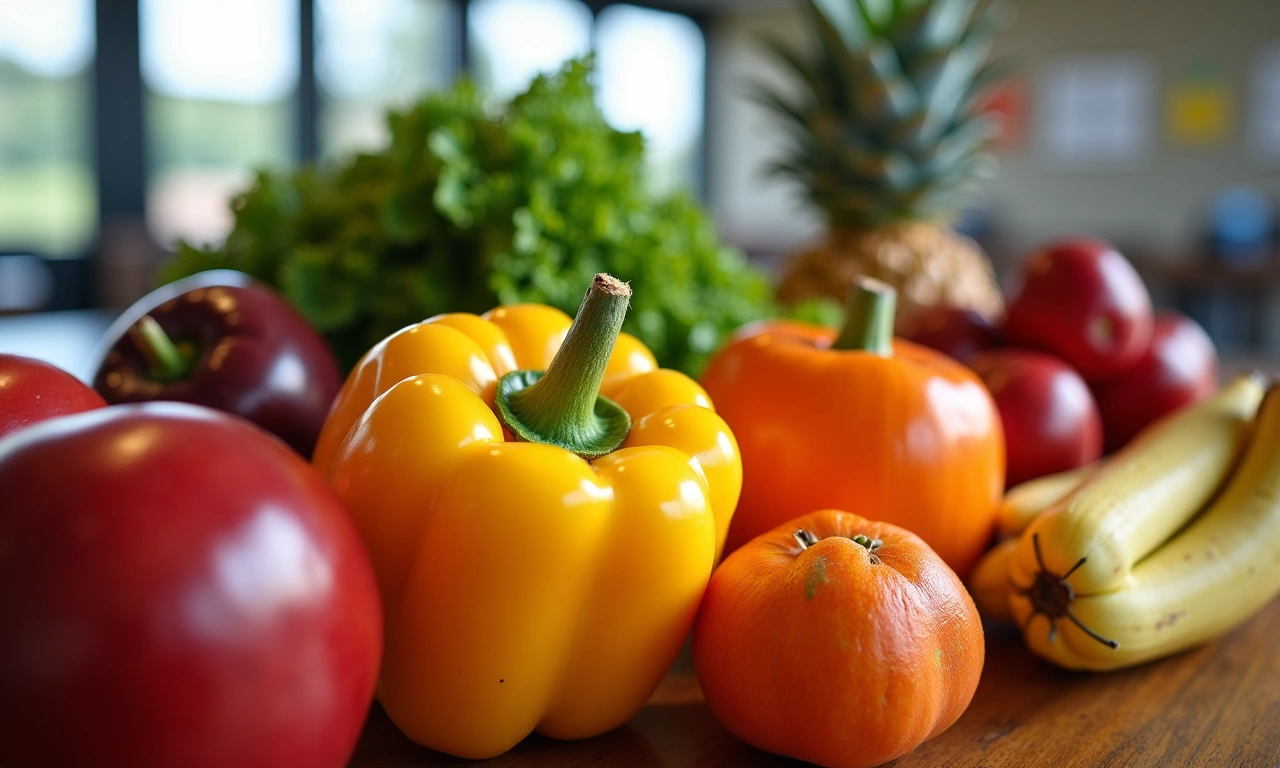
This dish encapsulates his entire philosophy: traditional technique, fresh ingredients, and the irreplaceable value of cultural memory embedded in food. For Duprat, cooking was never abstract; it was always personal.
The Haitian Culinary Tour: Tourism as Cultural Diplomacy (2012)
In August 2012, Duprat launched an ambitious week-long culinary tour (August 3–9) designed to introduce international participants to both Haitian cuisine and Haitian culture. Unlike cooking classes confined to a kitchen, the tour crossed Haiti’s most significant destinations: the Citadelle Henri Christophe near Cap Haïtien, the coastal towns of Port Salut and Les Cayes, and the art capital of Jacmel.
The strategy was deliberate and sophisticated. By combining culinary education with cultural tourism, Duprat aimed to shift international perception of Haiti itself. He concentrated marketing efforts in the United States, hoping to create what he called “lifelong lovers of Haitian cuisine out of the uninitiated.”
“While Haitian cuisine has created finger-licking addicts, it has yet to be considered on the equal scale of other worldly cuisines, though it certainly has all the characteristics needed to bring it up to that level,” he stated. The 2012 tour represented a first attempt—part culinary workshop, part cultural ambassador mission—with ambitions for it to become an annual tradition.
Haiti’s Moment: The 2011 Presidential Inauguration and Renewed Commitment
In May 2011, Michel Martelly was inaugurated as Haiti’s 56th president after his election with a platform to rebuild the earthquake-devastated nation. Duprat recounts involvement in presidential inaugural events—a moment when his culinary platform intersected with Haiti’s political moment.
Championing Haiti at “A Taste of the Caribbean”
Publishing, Professional Development, and the Case for Culinary Training
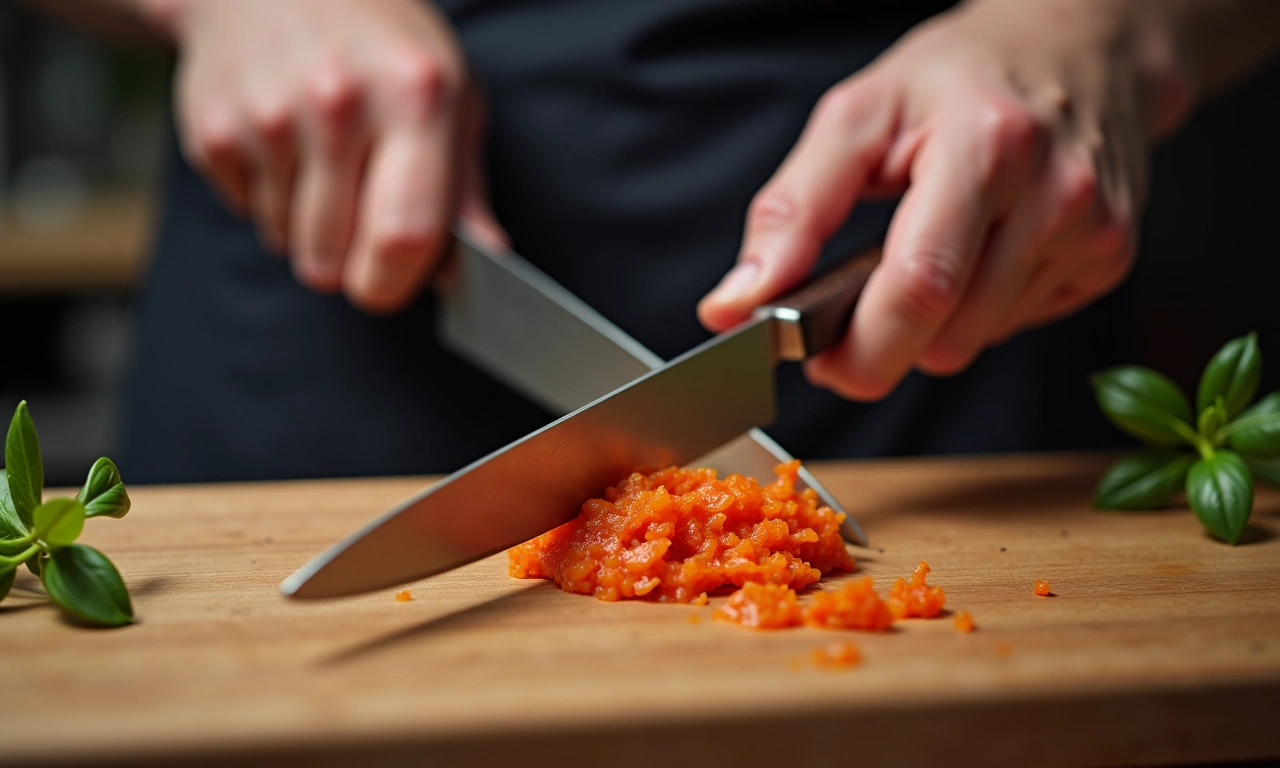
What Makes This Profile Different
- Dual-arc narrative: Rather than a typical “chef success story,” this profile traces Duprat’s journey from fine dining achievement into advocacy and nation-building—a less common trajectory in culinary journalism.
- Haiti as primary mission, not heritage detail: Many profiles of immigrant chefs treat their country of origin as backstory. Here, Haiti’s culinary future and economic development is Duprat’s central professional focus.
- Direct quotes throughout: Rather than paraphrasing, this profile preserves Duprat’s voice—his philosophy, metaphors, and specific observations about cooking, leadership, and mentorship.
- Structural specificity: The 2012 culinary tour, the Taste of the Caribbean medal effort, and the articulated vision for Haiti culinary infrastructure offer concrete examples rather than general claims.
Last Updated on January 15, 2026 by kreyolicious

